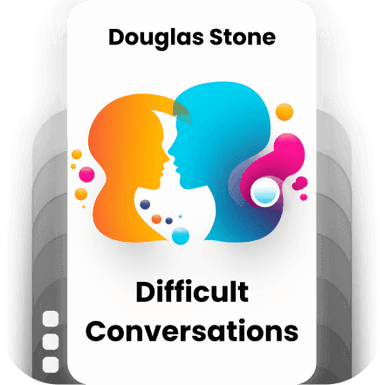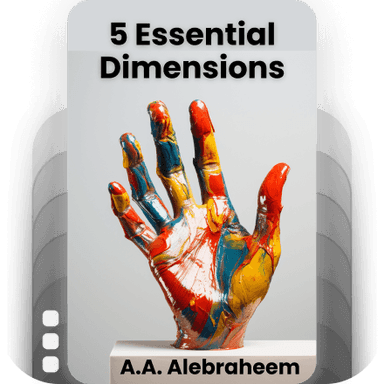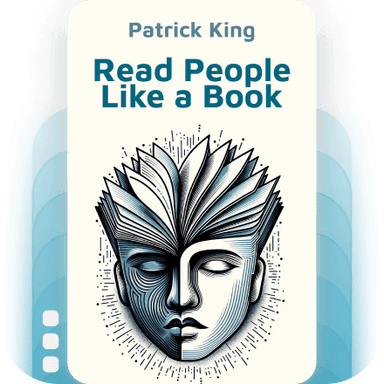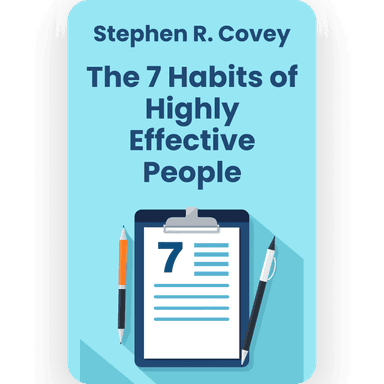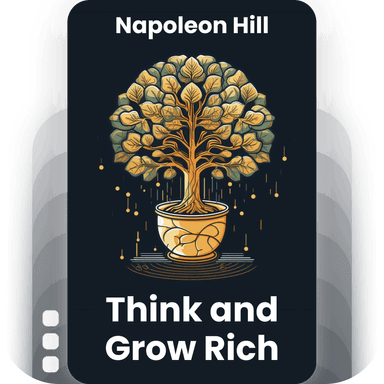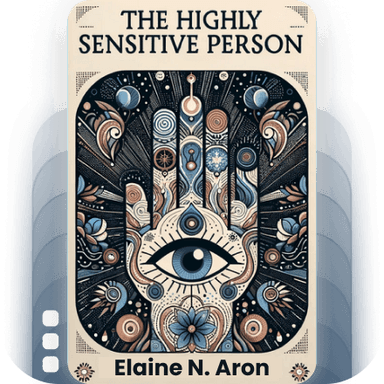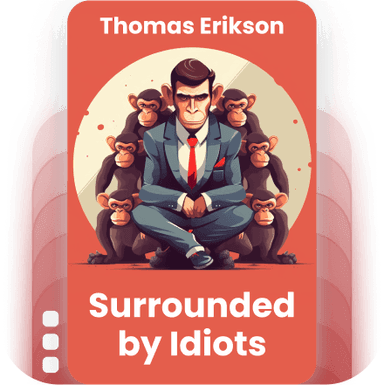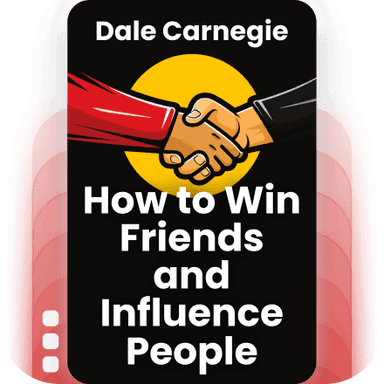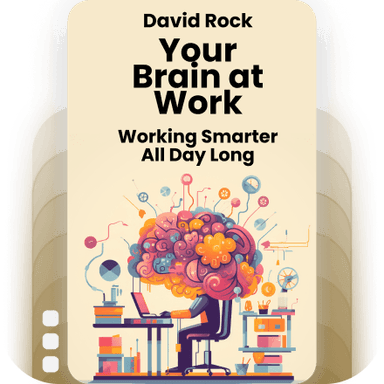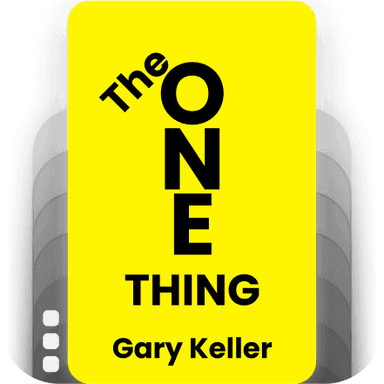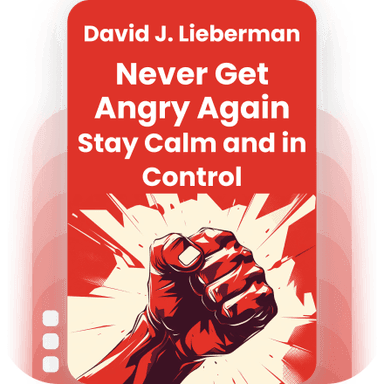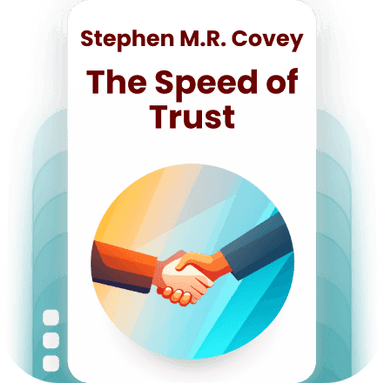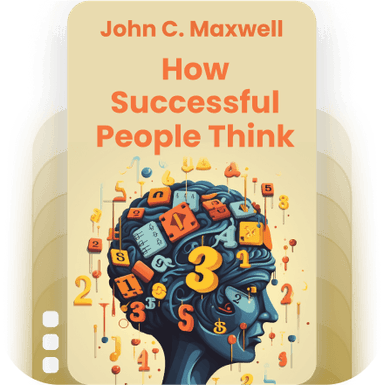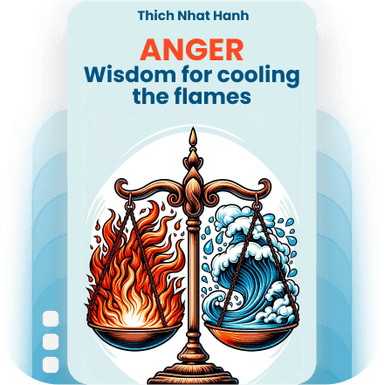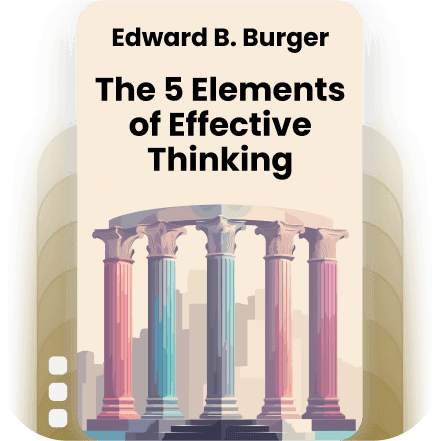
The 5 Elements of Effective Thinking
Edward B. Burger
4.5 - 5 ratings
10
List Points
10
Chapters
5
Topics
Description
This insightful book offers readers a thought-provoking framework designed to improve their problem-solving and decision-making skills through five essential elements: Earth (understanding deeply), Fire (facing challenges), Air (engaging in creative thinking), Water (embracing change), and the quintessential fifth element, the composite, which synthesizes these principles into a cohesive strategy for continuous learning and effective thinking. Through practical examples, anecdotes, and actionable advice, the book aims to empower readers to develop a disciplined mindset that fosters intellectual growth and enhances their ability to navigate complex situations with clarity and confidence.
What will you learn?
By reading this insightful guide, you will uncover practical strategies to enhance your thinking process and problem-solving skills. Grounded in timeless principles akin to the classical elements of nature—earth, fire, air, water, and the quintessence—this book teaches you how to build a solid foundation of knowledge, ignite your creativity, embrace and learn from failure, confidently navigate through complex challenges with clear reasoning, and cultivate sustained progress and continuous improvement. Embrace these elements to transform the way you think, learn, and innovate, driving you toward greater personal and professional success.
Who’s it for?
• Educators and Teachers
• Students and Lifelong Learners
• Business Professionals
• Creative Thinkers and Innovators
• Problem Solvers and Strategists
Categories
Key Learning
Available chapters to listen for this topic- 1
Mastering the Basics of Understanding
Focus on the core fundamentals of any subject to gain a deeper and clearer understanding. Simplify concepts by breaking them down into basic elements and examining core principles. - 2
Deliberate Practice through Problem-Solving
Engage with problems in a methodical and thoughtful manner. Challenge yourself with varied problems to enhance your critical thinking and expand your skillset through repeated practice. - 3
Asking Questions to Stimulate Thinking
Cultivate the habit of questioning to gain insights and uncover new perspectives. Use questions to drive exploration and understanding, and to challenge existing assumptions. - 4
Embracing the Power of Error
View mistakes as valuable learning tools. Analyze errors to understand their origins and leverage them to make significant advancements in comprehension and problem-solving. - 5
The Art of Simple Explanation
Practice explaining complex ideas in simple terms. Use analogies and straightforward language to cement your own understanding and to communicate effectively with others. - 6
Cultivating Intellectual Curiosity
Nurture a mindset of curiosity and open-mindedness. Actively seek out new knowledge and experiences to continually expand your intellectual horizons and adaptability. - 7
Enhancing Creativity through Diverse Thinking
Explore multiple perspectives and approaches to problem-solving. Encourage creativity by considering unconventional methods and synthesizing disparate ideas. - 8
Building Connections Across Disciplines
Develop the ability to draw connections between different fields of knowledge. Use interdisciplinary thinking to gain broader insights and solve complex problems more effectively. - 9
Commitment to Lifelong Learning
Foster a commitment to ongoing education and self-improvement. Recognize that the pursuit of knowledge is a continuous journey that enhances both personal and professional growth. - 10
Developing Resilience in Thought Processes
Build resilience by embracing challenges and persevering through difficulties. Strengthen mental fortitude to maintain focus and determination in the face of adversity.


